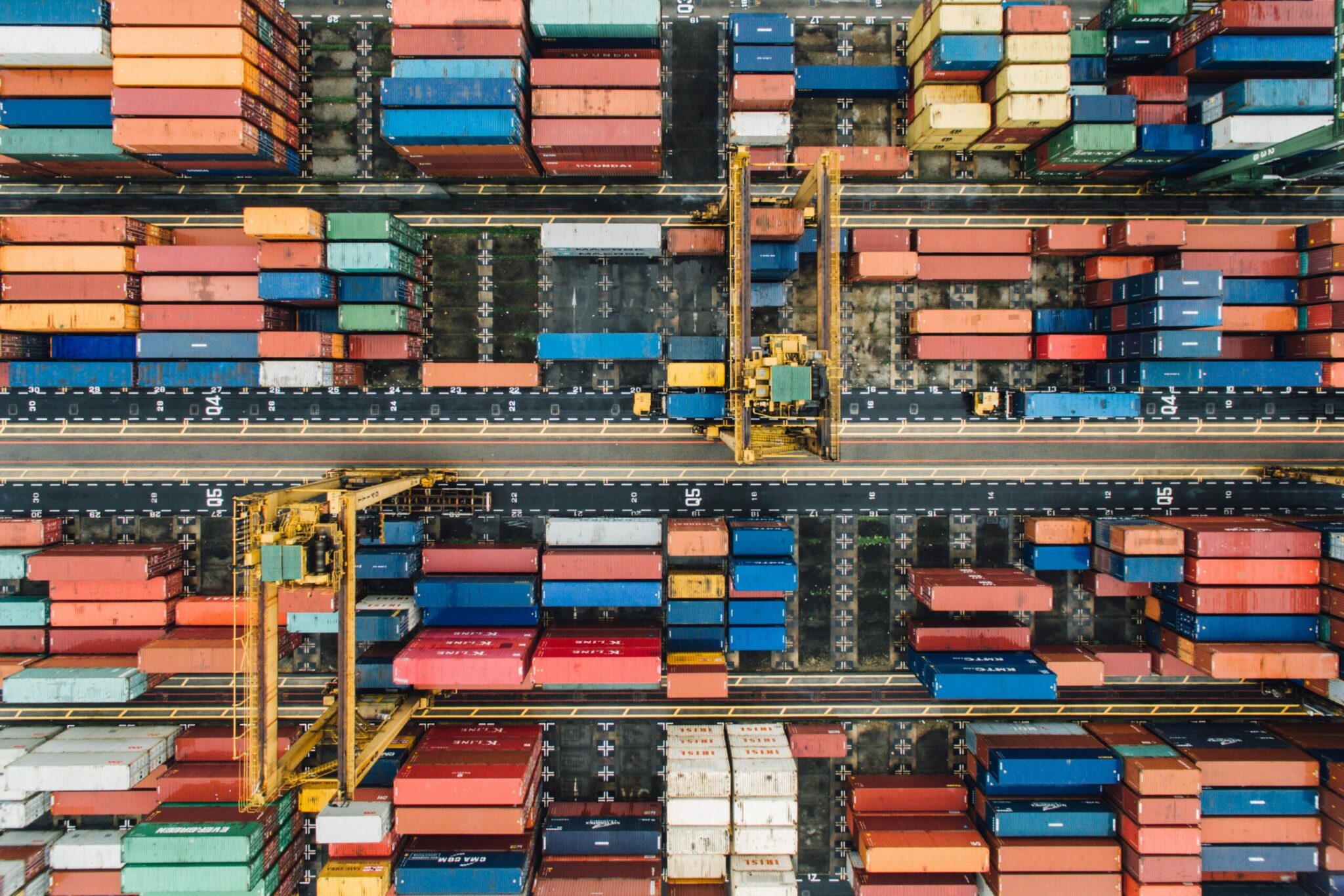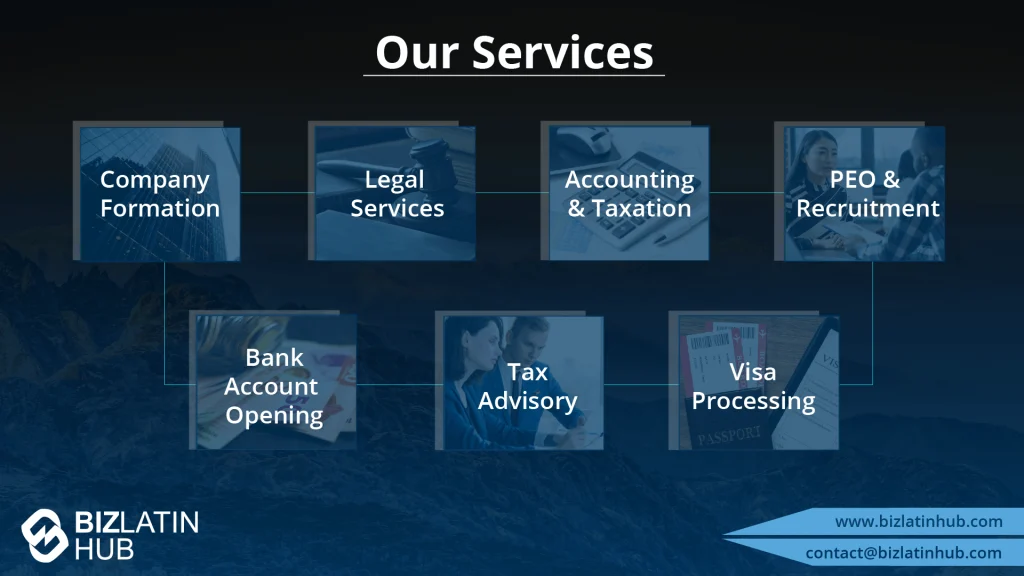Recently, MERCOSUR has been increasing efforts to form trade agreements with different countries and alliances around the world. A trade bloc comprised of Argentina, Brazil, Paraguay, and Uruguay, MERCOSUR has a lot to offer in terms of trade benefits and economic opportunity. Collectively, the bloc’s GDP amounts to over US$2 trillion, a powerful negotiating point when drawing up trade deals. With Brazil having the largest and Argentina having the fourth largest economies in South America, international trade blocs and alliances could easily get their foot in the door of the Latin American market through an agreement with MERCOSUR.
With MERCOSUR’s latest trade deal with the EU complete, the focus is now on Asia. The economic and political relationships between these two regions has been slow-moving, but the two are now on the same page. Overall, the future looks promising and profitable for foreign investors and businesses looking to invest and do business.
Business – Why Asia and MERCOSUR?
At first glance, Asia and MERCOSUR member countries couldn’t be more different. Physical distance between the two regions is enough to deter talks of trade. Moreover, one would think that cultural, language, economic, and political barriers add an additional, overwhelming aspect to the mix. However, these initial judgments are far from the truth. Recently, the two regions realized the similarities in their approaches to economic, environmental, and developmental plans. This created a natural, comfortable environment for trade talks to startup and flourish.
Relations with China
China, the largest and most powerful economy in Asia, has had loose economic relationships with MERCOSUR countries since the early 2000s. It wasn’t until the past ten years or so that these ties strengthened. With China’s emerging need for natural resources like minerals, metals, and agricultural goods, Latin America continues to be an important trading partner for the country.

Given these growing needs, China has become the top trading partner for all MERCOSUR countries. It continues to be a consistent export destination for Latin American products and contributes significantly to the countries’ trade surplus. Most notably, in 2018, China accounted for US$7.4 billion of Brazil’s US$22.3 billion trade surplus. Brazilian exports to the country reached a staggering US$47 billion the same year.
Belt and Road paving the way for future relationships
Even without a formal agreement, China and MERCOSUR countries have a strong, co-dependent economic relationship. Developing plans and deals will only increase the two regions’ cooperation. For example, in 2018, Uruguay joined China’s Belt and Road Initiative, a projected US$1 trillion project. The plan looks to develop infrastructure and supply chain routes throughout Latin America so as to improve international trade. After officially joining, whispers of formal free trade agreements between Uruguay and China and/or all of MERCOSUR and China began to surface. While nothing official has been drafted, the possibility remains.
MERCOSUR and ASEAN
Not only does MERCOSUR have close ties with China, but it is also developing a relationship with ASEAN. ASEAN is a trade bloc made up of 10 Southeastern Asia countries: Brunei Darussalam, Cambodia, Indonesia, Laos, Malaysia, Myanmar, Philippines, Singapore, Thailand, and Vietnam.
Currently, ASEAN and MERCOSUR don’t have any formal free trade agreements. However, ASEAN countries are very interested in developing an economic relationship with the South American trade bloc. The group’s focus is on securing a strong, mutually beneficial trade exchange with Brazil, all while taking advantage of connections with the other MERCOSUR members as well.

To entice the bloc, and its biggest player, Brazil, ASEAN is advertising the many beneficial and lucrative facets of a trade deal with them. Infrastructure, investment, technology, education, and tourism are just some of the many industries ASEAN members are selling to MERCOSUR in return for an agreement. Moreover, similar political and international agendas between the two regions bode well for ASEANs plea.
Developments with Korea
Refusing to be left out of the economic opportunities with MERCOSUR is the Republic of Korea. Talk between the two parties began in 2018 and are still going on to this day. A deal with Korea would be extremely advantageous for MERCOSUR because the country is the fourth-largest economy in all of Asia.
Specifically, Argentina is gunning for a deal with the Republic of Korea because of the opportunities within the agriculture sector. Market research shows there is high demand in the country for high-quality food products like beef; a sector Argentina specializes in. Moreover, increased trading across the agro-industrial industry presents major opportunities for MERCOSUR as well. Talk about making technical and sanitary practices uniform between the two regions has surfaced and bodes well for MERCOSURs agriculture and agro-industrial exports.
Finally, given the monetary power the Republic holds, a trading relationship implies significant investments into MERCOSUR member countries. The Republic of Korea has the economic resources to prime the pump for many of the industries in the South American countries. Ultimately, both groups make out winners because MERCOSUR would receive the funding and development of major industries and Korea would get a reliable and experienced trading partner.
Opportunities in agriculture
Increased tensions between the US and Asian countries, specifically China, create many opportunities for MERCOSUR and foreign investors. As of late, Asia has been trimming trade ties with the US over political and economic disagreements. Now, they are looking to Latin American countries to fulfill the same needs and deliver the same, or similar, products the US used to provide.
The agriculture industry has already taken major strides in its relationship with China. Trade relationships in this sector will continue to grow. Specifically, the markets with the greatest predicted growth are the region’s soybean and beef sectors. Already, Brazil’s soybean industry saw a 15% increase in Chinese sales between January and August of 2018. Moreover, Argentinian beef, pork, and poultry industries increasingly feed Chinese populations. The country’s exports to China reach 1 million tonnes at the start of 2019, up 46% from 2018’s 0.68 million tonnes number.
Investors and businesses looking to expand and grow agriculture plants in MERCOSUR countries can act now knowing high demand from China will continue.
Lucrative market in natural resources
Moreover, MERCOSUR countries are home to a variety of essential natural resources. Petroleum, steel, iron ore, and copper are some of the most valuable and most demanded natural resources in China. Great opportunity lies in further developing MERCOSUR’s markets and connections with China in regard to these materials.

Specifically, Argentina is known to have great gold, silver, and copper mines that have been left untouched. Given China’s growing focus on electromobility and renewable energy, its demand for copper in the near future will be immense. Investors who act soon will be best equipped to meet Asia’s demand for resources.
Get a head start
Trade relationships between MERCOSUR and Asia are clearly plentiful. While there are no formal agreements as of late, there are still many lucrative business opportunities in the region. China, ASEAN, and the Republic of Korea are all anxious to connect officially with MERCOSUR and its economic strengths. Diplomatic discussions between the regions continue to fuel economic prosperity and hopes for the future.
Biz Latin Hub can help you with doing business in Latin America
At Biz Latin Hub, we provide integrated market entry and back-office services throughout Latin America and the Caribbean, with offices in over a dozen other major cities in the region. We also have trusted partners in many other markets.
Our unrivaled reach means we are ideally placed to support multi-jurisdiction market entries and cross border operations.
As well as knowledge about trade deals in Latin America, our portfolio of services includes hiring & PEO, accounting & taxation, company formation, bank account opening, and corporate legal services.
Contact us today to find out more about how we can assist you in finding top talent, or otherwise do business in Latin America and the Caribbean. If this article on doing business in Latin America was of interest to you, check out the rest of our coverage of the region. Or read about our team and expert authors.






